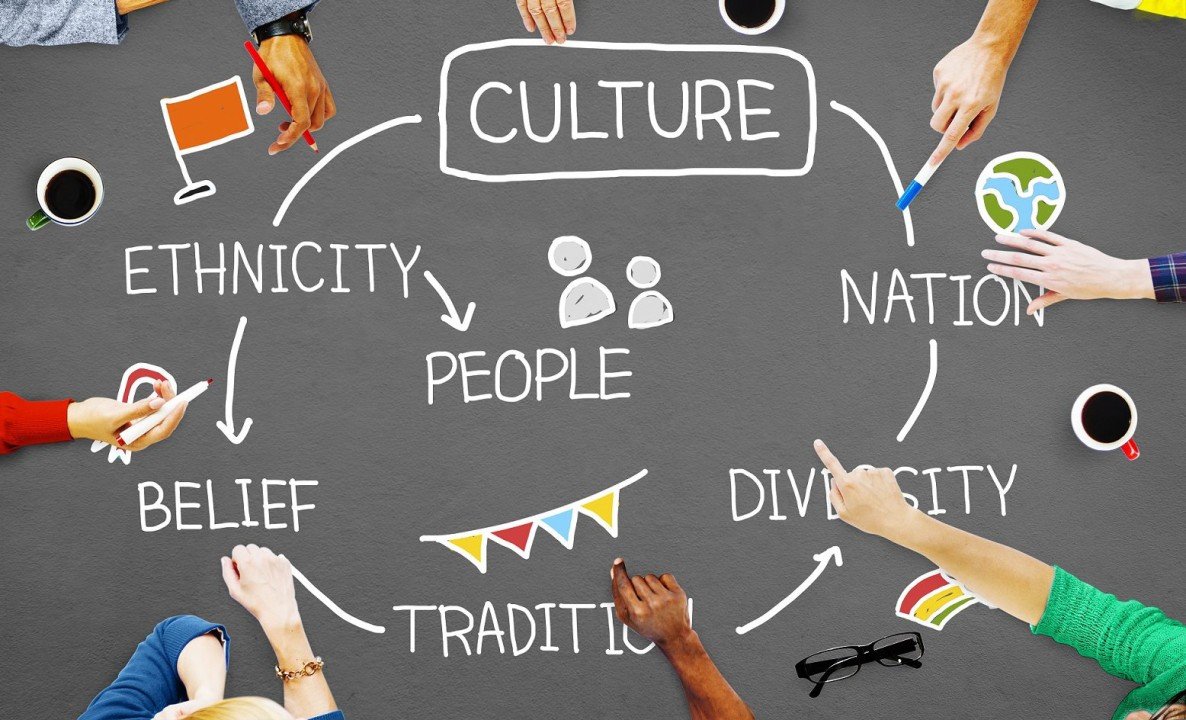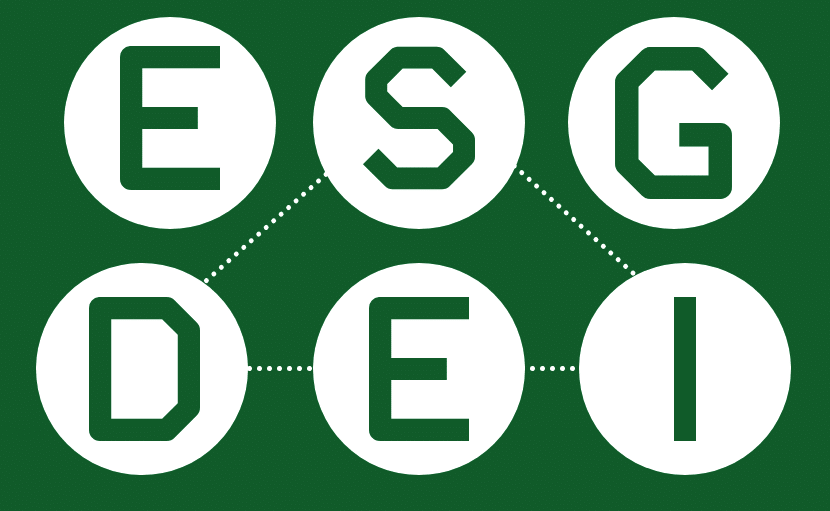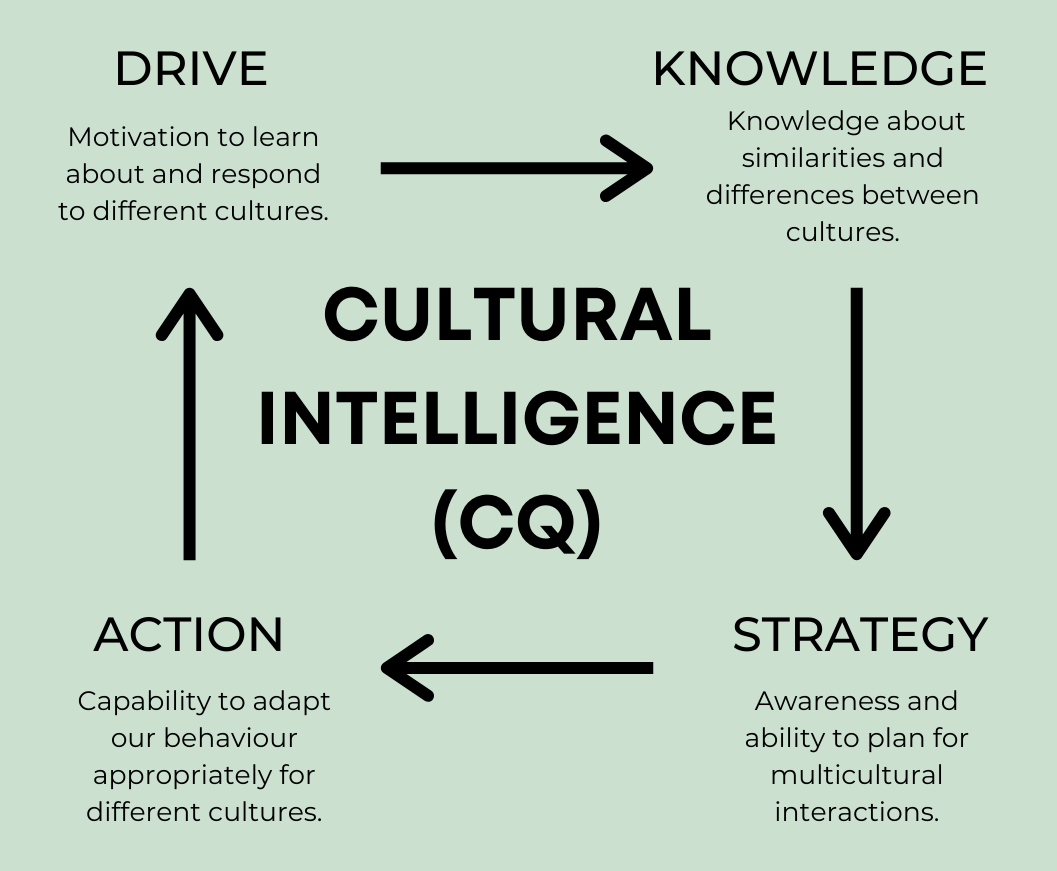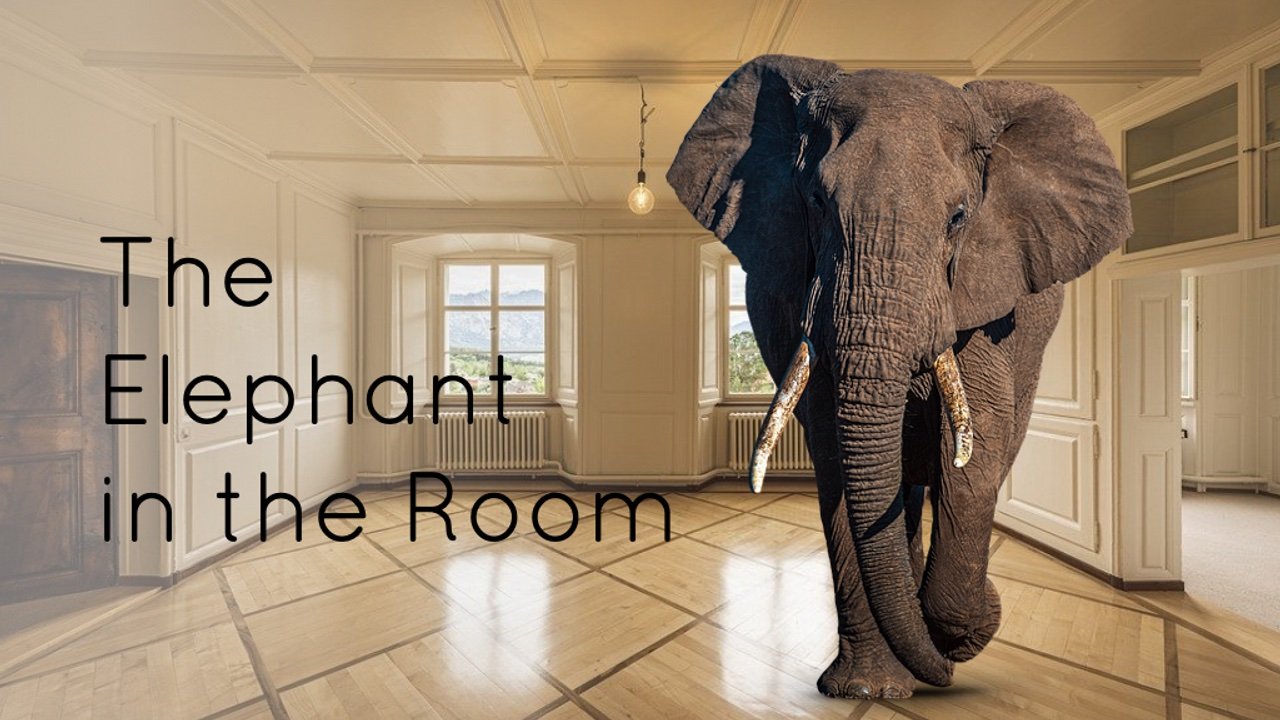I think embracing diverse perspectives is incredibly impactful for three key reasons:
It allows us to weave a richer and more expansive narrative that resonates with everyone, fostering a sense of belonging and shared purpose.
Rather than pigeonholing individuals into narrow categories based on social or demographic factors, acknowledging their intersectional complexity paints a more accurate and vibrant picture of who we truly are.
Prioritising cognitive diversity not only acknowledges the importance of visible demographic equality as a marker of progress but also underscores its role in driving a genuine evolution toward diverse and innovative ways of thinking.
““We can’t solve problems by using the same kind of thinking we used when we created them.””
If this sounds interesting and you would like to hear more, please contact me here, or via e-mail to arrange a meeting.





















